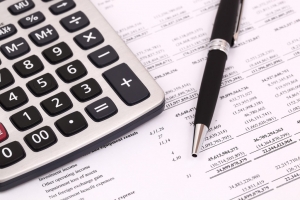Khartoum — The Expert at the Commercial Real Estate Bank and Chairman of the Board of Directors of Engineering Contractors Engineer Malik Ali Dongola has affirmed the pioneering role of the bank in financing and developing the real estate sector in Sudan as a sector represents a model for Sudanese-Gulf investment cooperation.
The Engineering Advisor Dongola pointed out, during his participation and review of the working paper on “Strategic Planning for Investment in the Real Estate Sector in Sudan: Problems and Constraints” at the Arab Conference for Investment, Real Estate and Banks held in Jordan, that during the past 20 years Sudan witnessed great development in roads, bridges, airports and residential camps and facilities as well as reconstruction and development projects in the various states of Sudan. He added that the same period also witnessed the implementation of many real estate development projects in various fields, referring to the status of the real estate investment in Sudan as a vast country representing promising market for many projects in this field for establishment of strong infrastructure including network of roads, railways and the construction of airports to transport goods and individuals, stressing that the Sudan linking through borders with 7 countries creating geographical status of investment advantages in the field not available to most countries of the world through the availability of opportunities for infrastructure projects, effective communication and transport networks to export goods and services to these countries. In his paper, Dongola pointed to the efforts exerted by the state to create a sound investment environment by introducing several amendments to the legislations and laws to deal with negatives and give more facilities, concessions and guarantees to encourage investment and adopt comprehensive reform programs for the Sudanese economy to maximize the role of the private sector in economic activity and control inflation, exchange rates and balance of payments and tax reform and the adoption of economic liberalization for all aspects of production including the rapid development of telecommunication services, land roads, sea ports, airports, banks and re-drafting pro-investment tax system to create a supportive environment to make partnership with the community along with the improvement in the balance of payments position and the increase in deposits in the banking system by 20%.
Source: Allafrica


